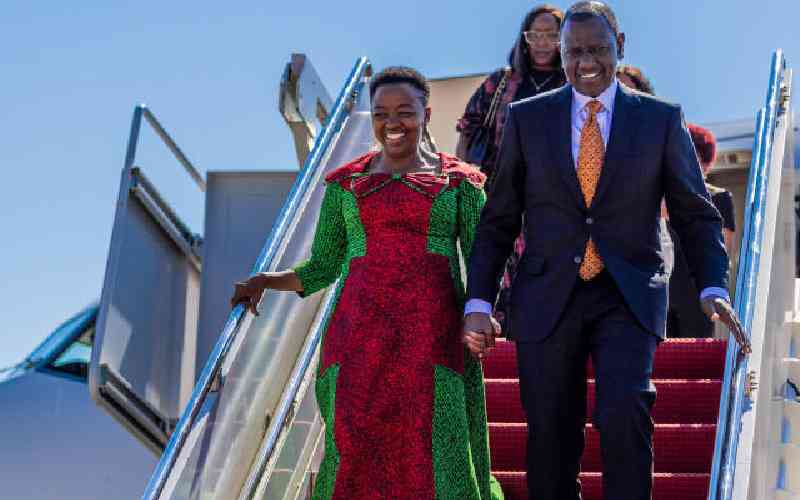×
The Standard e-Paper
Join Thousands Daily

The President is grounded. His penchant for notching up air miles has been tamed thanks to political upheaval that threatens his tenure in office.
For the first time in many months, President William Ruto has been nailed to his desk confronting the demands of a country currently in the throes of a financial and political crisis.